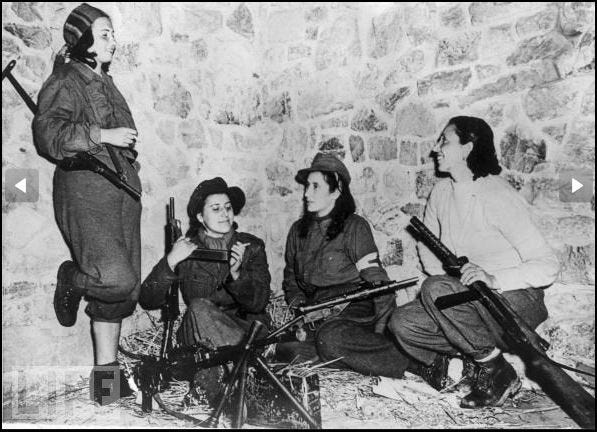Yes, female soldiers make the military less masculine. What else would they do, exactly?
It can only go one of two ways!
Ben Shapiro said this last week…

…and apparently lots of people online got upset over it, e.g.:



That’s just a small sampling. A lot of people are real bent out of shape over it. I have to say, this is just baffling, even by the impossibly low standards of Internet political discourse. Uh, yeah, of course letting women into your military makes it less masculine. Like, that’s how it works. This is almost basic enough to be the equivalent of elementary school mathematics. I mean, do you think it would make the Rockettes more feminine if they started letting men onto the kick line? What are we even debating here?
Now, you might argue that the question here is not one merely of sex but of ability, and that if you recruit physically strong, tactically capable women to the military, you’ll preserve its essential masculine characteristics. Well, I’m not sure that’s how it works—you could recruit a very effeminate man to the Rockettes and he’d still dilute the overall femininity of the performance—but beyond that, we should note that, in the U.S. military at least, women are subject to notably lower standards for fitness qualifications, i.e. they’re allowed to be weaker and less physically capable than male recruits but still serve. This is true, I think, of pretty much every military in the world that allows women in combat roles, even the ones most famous for doing so such as Israel.
I have argued before that the essential defining characteristics of male physiology—of maleness, and so of masculinity—are strength and protectiveness. Those also happen to be the two qualities you want most abundantly in your fighting forces. It’s not to say that a female soldier cannot successfully embody these things, only that, within the relatively rare class of career soldiers, men will overwhelmingly embody them more fully and effectively than women. That’s not mere speculation—it’s baked right into the military’s disparate sex-based standards of acceptance.
So, yes, we’re making our military less masculine by allowing women to fight in it. You can argue that it’s no big deal, or it’s worth it, or it actually, somehow, in some way, improves our military’s fighting prowess, or whatever—but you can’t argue that letting women serve on the frontlines somehow makes the frontlines more manly. This is, you know, pretty easy stuff.



